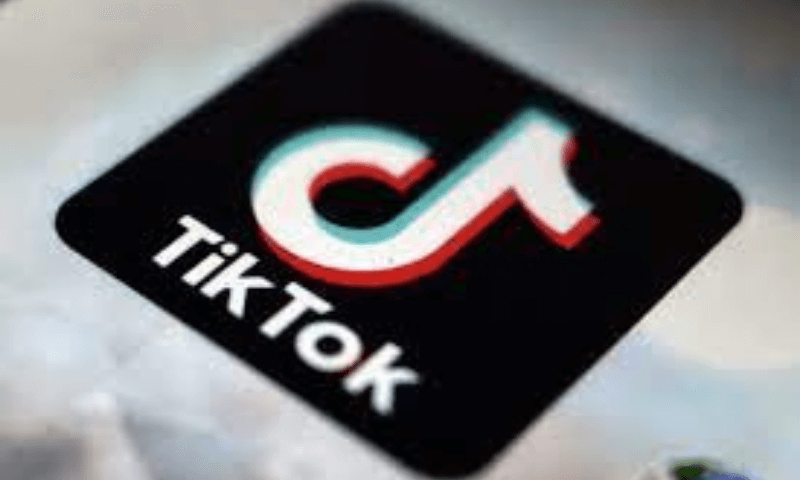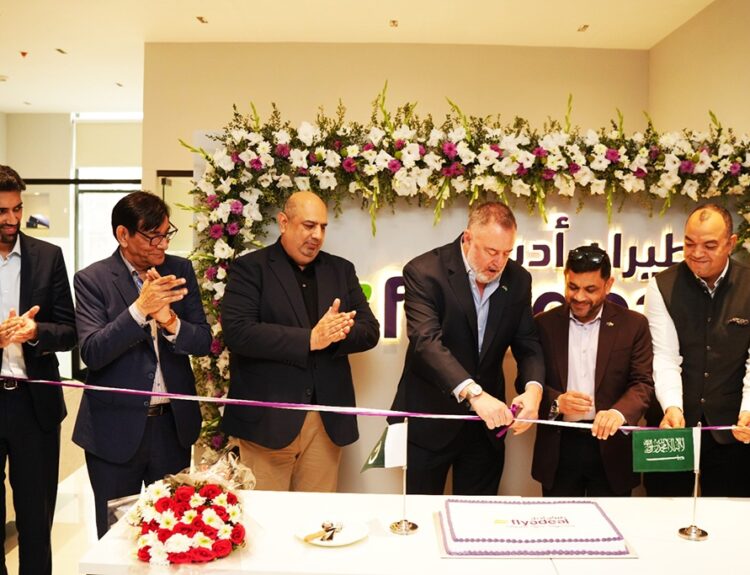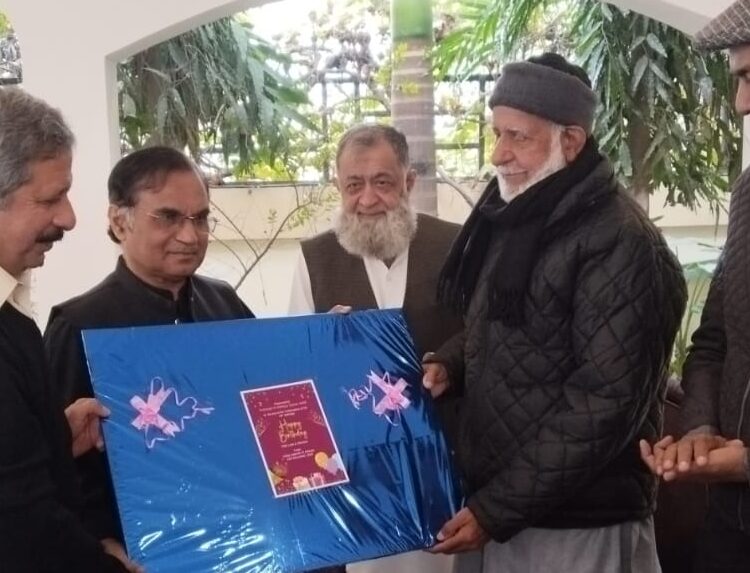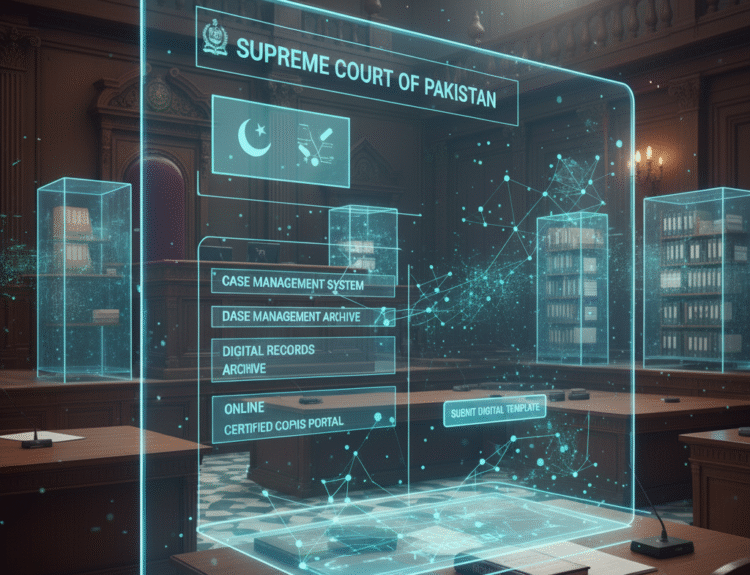While adjudicating a plea urging the Islamabad High Court (IHC) to examine legality of PTA’s act of banning social media platform TikTok on Friday, Chief Justice Athar Minallah directed the secretary information technology to apprise the court of the legal mechanism for imposing a ban on the app.
A single-member bench of the IHC comprising Chief Justice Athar Minhallah asked the Pakistan Telecommunication Authority counsel as to why TikTok has been banned, observing if banning TikTok is the only solution then Google and YouTube should also be banned. Justice Minallah presided over the second hearing on a petition filed by Advocate Usama Khawar who made PTA and the federal government as respondent seeking removal of recently imposed ban on video-sharing social networking platform TikTok in Pakistan.
Advocate Mariam Farid Khawaja appeared before the bench on behalf of the petitioner. The Chief Justice confronted PTA`s counsel regarding their reasons to ban TikTok as PTA was unable to provide any tangible answers.
However, the chief justice accepted the argument raised by the petitioners that the ban on TikTok violated the principle of proportionality as he emphasised that many people`s livelihood is dependent upon TikTok and putting a blanket ban on TikTok was not a proportionate action, taken by PTA.The chief justice said that the principle of proportionality stands in favour of the citizens of Pakistan, not PTA. Responding to the chief justice’s query under which legal authority the PTA had imposed ban over TikTok, the PTA counsel submitted the Authority banned TikTok under Section 48 of PECA, upon which the chief justice asked PTA to show the Federal government directive, asking them to ban TikTok and PTA was unable to provide any directives.
The Section 48 of the PECA requires directions or orders from the Federal Government and PTA`s response lacking all documentation shows mala fide intention on their part. The PTA`s counsel then submitted that the Authority had imposed a ban over TikTok on the basis of orders of Peshawar High Court, however, the Chief Justice stated that it was a temporary order and did not give PTA the legal authority to ban TikTok.
Then PTA`s counsel submitted that TikTok ban was based on Sindh High Court`s order but no documentary proof the Authority’ lawyer submitted before the court. Later, the bench issued directives to federal secretary information to appear in-person before the court during the next date of hearing. Later, the bench adjourned the hearing of the case till August 23. It is pertinent to mention that the PTA has imposed a ban on the social media platform TikTok, where users can post and share short videos, on July 21, over its failure to remove ‘inappropriate content’.
Earlier on July 2, the Sindh High Court ordered the PTA to unblock the popular video-sharing site after the internet and telecommunication regulator assured the court that it will make a decision on the complaint of a petitioner by July 5. The SHC on June 28 ordered the PTA to block TikTok till July 8 over ‘immoral content’ and for celebrating “LGBTQ-Pride Month”. This was the third ban imposed on the social media site within the last two years. Earlier on March 11, the Peshawar High Court (PHC) also ordered the PTA to ban TikTok over “immoral content”. However, the ban was lifted on April 1 after the PTA told the court that it had raised the issue again with the TikTok’s administration.



